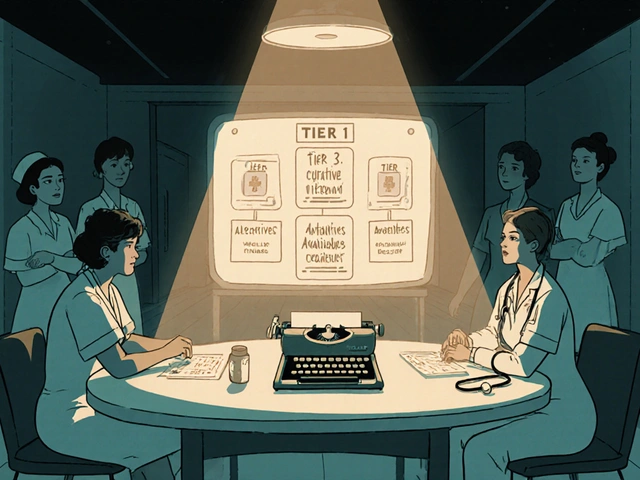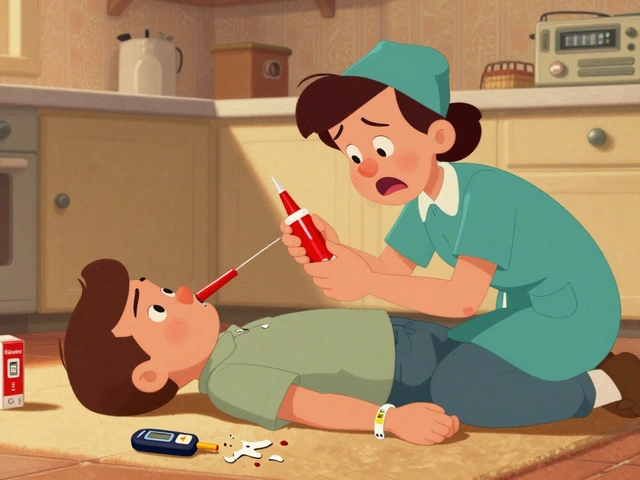Cyclosporine: Uses, Dosage, Side Effects & Buying Tips
If you or someone you know has been prescribed cyclosporine, you probably have a lot of questions. This drug is a powerful immunosuppressant, meaning it slows down your immune system so your body doesn’t reject a transplanted organ or go crazy on an autoimmune condition. Below you’ll find the basics you need to know, plus practical advice on getting it without a headache.
What Is Cyclosporine and How Does It Work?
Cyclosporine belongs to a class of medicines called calcineurin inhibitors. It blocks a specific protein that tells immune cells to get active. By doing that, it prevents the body from attacking a new organ after a kidney, liver, or heart transplant. Doctors also use it for severe psoriasis, rheumatoid arthritis, and certain eye disorders.
The usual brand names you might see are Neoral, Sandimmune, and Gengraf. The generic version is simply listed as cyclosporine. Doses vary a lot – some people take as little as 25 mg twice a day, while others need up to 5 mg per kilogram of body weight. Your doctor will base the exact amount on blood tests that check how much of the drug is in your system.
Because cyclosporine works by suppressing immunity, you’ll need regular check‑ups. Labs will monitor kidney function, liver enzymes, and blood pressure. Skipping doses or taking too much can cause problems, so stick to the schedule your pharmacist prints out.
Safety Tips When Buying Cyclosporine Online
Finding a reputable online pharmacy can feel overwhelming, especially when you see so many flashy ads. Start by looking for pharmacies that require a valid prescription – any site that sells cyclosporine without one is a red flag. Check if the pharmacy is licensed in your country; in the UK, look for registration with the General Pharmaceutical Council (GPhC), and in the US, verify accreditation by the NABP’s VIPPS program.
Compare prices, but don’t let a low cost be the only reason you click “buy.” Extremely cheap offers often mean counterfeit pills, which can be ineffective or dangerous. Read customer reviews, but treat overly positive testimonies with skepticism.
Once you’ve picked a site, make sure they use secure checkout (look for https://) and that they ship in discreet packaging. Keep a copy of the medication label and batch number in case you need to verify authenticity later.
Finally, never share your prescription with anyone else. Even if a friend says they need cyclosporine, the dose they need could be completely different and unsafe for them.
Bottom line: cyclosporine can be a lifesaver when used correctly, but it demands careful monitoring and a trustworthy source. Talk to your doctor about any side effects you notice – common ones include tremors, high blood pressure, and gum pain. If something feels off, call your healthcare provider right away. With the right information and a safe pharmacy, you can manage your treatment confidently.
Neoral: Uses, Side Effects, and Patient Guide to Cyclosporine Capsules
Get the facts on Neoral—benefits, uses, side effects, and tips for safe cyclosporine therapy, especially for transplant patients and autoimmune conditions.





